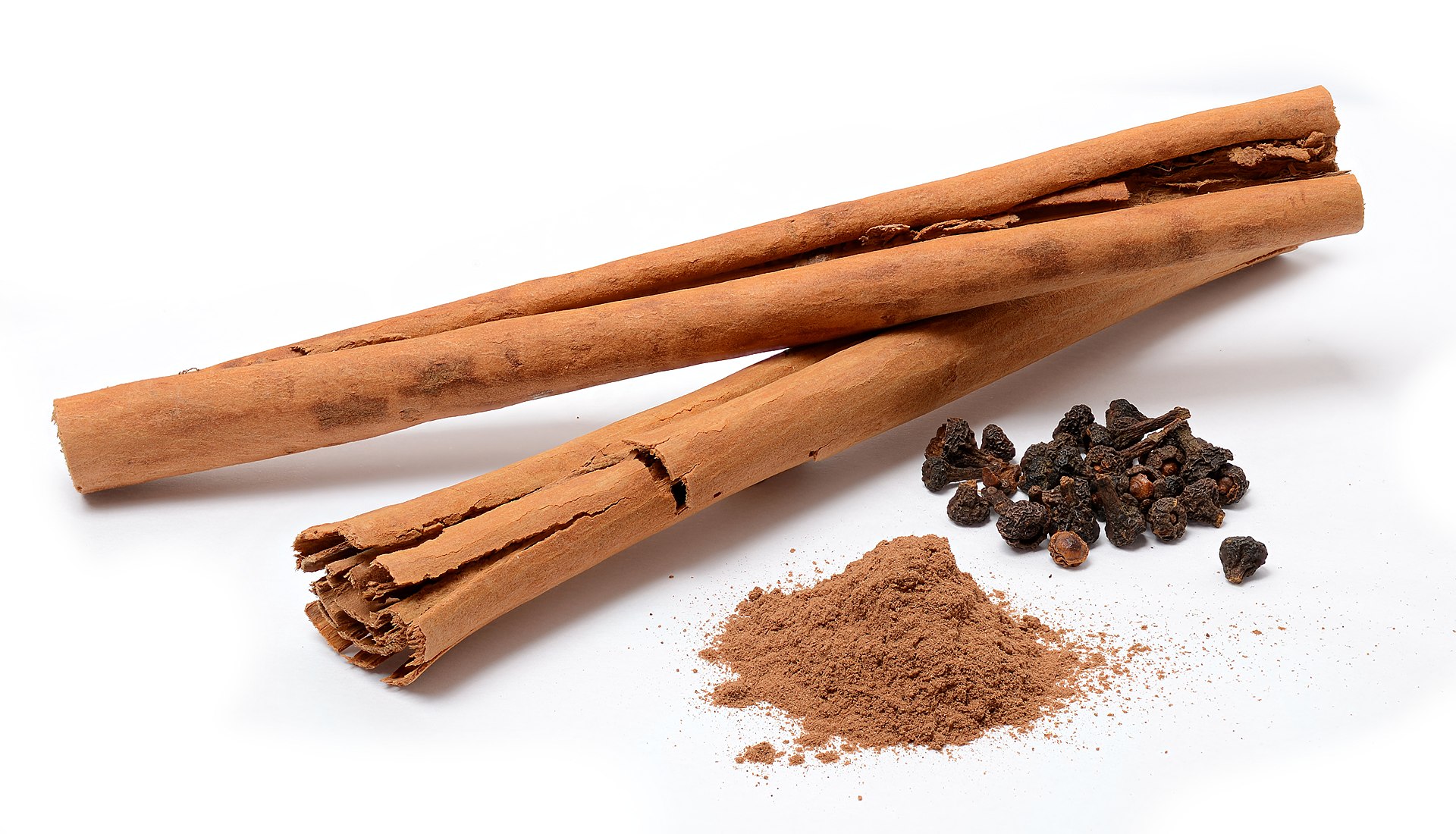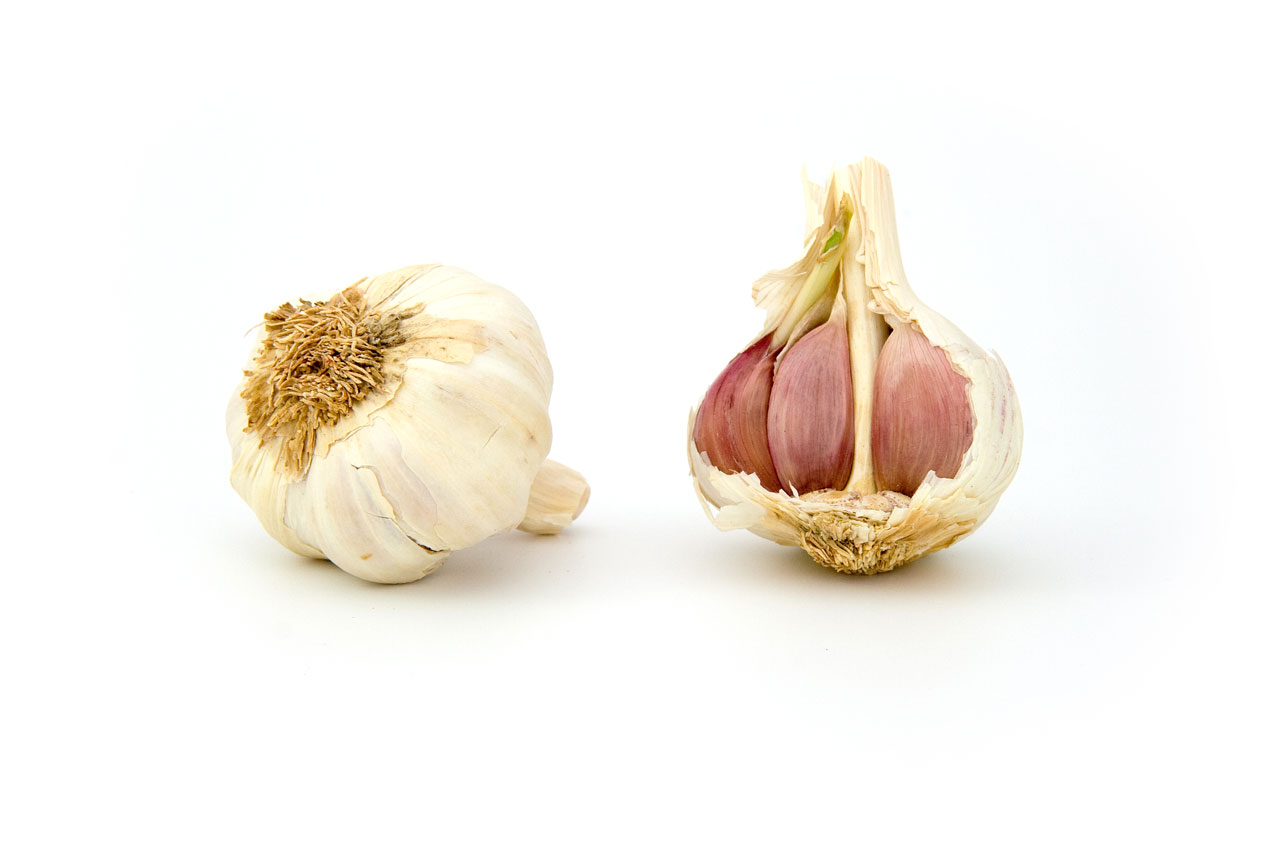The Role of Herbs and Spices in Type 2 Diabetes Management
By Type2 Advice
Introduction
Type 2 diabetes is a chronic condition that affects millions of people worldwide. Managing blood sugar levels is crucial for preventing complications and maintaining overall health. One way to help control blood sugar levels is through diet, and certain herbs and spices have been found to be particularly beneficial. In this article, we will explore the role of herbs and spices in managing type 2 diabetes and how they can help you control your blood sugar levels naturally. Remember, this article is not a substitute for professional medical advice; always consult your doctor before using any herbs or supplements for diabetes.
Cinnamon
Overview
Cinnamon is a popular spice known for its medicinal properties, such as potent antioxidant activity, fighting inflammation, and lowering cholesterol and triglycerides in the blood. It is particularly effective in regulating blood sugar levels.
Benefits
Cinnamon can lower blood sugar by slowing the breakdown of carbs in the digestive tract and improving insulin sensitivity. Studies have shown that cinnamon can lower fasting blood sugars by 10-29% in diabetic patients.
How to use
The effective dose of cinnamon for diabetes is typically 0.5-2 teaspoons (1-6 grams) per day. You can add cinnamon to your oatmeal, smoothies, coffee, tea, yogurt, or baked goods for a delicious flavor and a blood sugar boost.

Figure 1: Cinnamon adds spice to type2 management
Turmeric
Overview
Turmeric, a bright yellow spice used in curry, has been used for centuries in Ayurvedic medicine for its healing properties. The main active ingredient in turmeric is curcumin, which has powerful anti-inflammatory, antioxidant, anti-cancer, and anti-diabetic effects.
Benefits
Curcumin in turmeric helps treat complications of diabetes by reducing oxidative stress and inflammation in the body. It also helps lower blood sugar levels by enhancing insulin secretion and sensitivity.
How to use
The recommended dose of turmeric for diabetes is about 500 mg of curcumin per day. You can take turmeric supplements or add turmeric powder to your soups, stews, salads, rice dishes, or beverages.
Fenugreek
Overview
Fenugreek, an herb used for culinary and medicinal purposes since ancient times, is rich in fiber, protein, iron, magnesium, manganese, and other nutrients that can benefit people with diabetes.
Benefits
Fenugreek seeds improve blood sugar levels by slowing down digestion and absorption of carbohydrates. They also contain an amino acid called 4-hydroxyisoleucine, which stimulates insulin secretion and increases insulin sensitivity.
How to use
The effective dose of fenugreek for diabetes is about 10-15 grams of powdered seeds per day. You can soak fenugreek seeds overnight and drink the water in the morning or add them to your dishes as a spice.
Basil
Overview
Basil, a fragrant herb belonging to the mint family, is widely used in Italian cuisine and other cuisines around the world. Basil has many health benefits due to its antioxidant, anti-inflammatory, antimicrobial, and antidiabetic properties.
Benefits
Basil improves immunity and strengthens the body against infections and diseases. It also helps regulate blood sugar levels by enhancing glucose uptake by muscle cells and inhibiting enzymes that break down starch into glucose.
How to use
The recommended dose of basil for diabetes is about 250-500 mg of leaf extract per day. You can also use fresh or dried basil leaves to flavor your salads, pasta, pizza, or soups.
Cumin
Overview
Cumin, a spice that comes from the seeds of a plant in the parsley family, has a warm, earthy, and slightly bitter taste that adds depth and complexity to many dishes.Cumin has been used for centuries in traditional medicine for its digestive, antiseptic, and antidiabetic effects.
Benefits
Cumin helps lower blood sugar levels by stimulating insulin secretion and increasing insulin sensitivity. It also helps reduce cholesterol and triglyceride levels, which are risk factors for cardiovascular disease in people with diabetes.
How to use
The effective dose of cumin for diabetes is about one teaspoon (3 grams) of powder per day. You can add cumin powder to your curries, stir-fries, soups, or salads.
Ginger
Overview
Ginger is a root that has a spicy, peppery, and slightly sweet flavor. It is widely used as a spice, a condiment, and a herbal remedy for various ailments. Ginger has anti-inflammatory, antioxidant, anti-nausea, and antidiabetic properties.
Benefits
Ginger helps lower blood sugar levels by inhibiting enzymes that break down carbohydrates into glucose. It also enhances insulin secretion and sensitivity and protects against oxidative stress and inflammation in the body.
How to use
The recommended dose of ginger for diabetes is about one gram of powder per day. You can take ginger supplements or add ginger powder or fresh ginger root to your teas, smoothies, or dishes.

Figure 2: Garlic can aid diabetes type2 management
Garlic
Overview
Garlic is a bulbous plant that belongs to the onion family. It has a pungent smell and a strong flavor that enhances many cuisines around the world. Garlic has been used for thousands of years for its medicinal benefits, such as boosting immunity, fighting infections, and lowering blood pressure.
Benefits
Garlic helps lower blood sugar levels by increasing insulin secretion and sensitivity and reducing insulin resistance. It also helps lower cholesterol and triglyceride levels, which are risk factors for cardiovascular disease in people with diabetes.
How to use
The effective dose of garlic for diabetes is about one clove (3 grams) per day. You can eat raw garlic or add it to your dishes as a spice.
Conclusion
Herbs and spices can be powerful allies in managing type 2 diabetes naturally. They can help lower blood sugar levels, improve insulin sensitivity, reduce inflammation and oxidative stress, and prevent or delay diabetes-related complications. However, consult your doctor before using any herbs or spices for diabetes, as they may interact with your medications or cause side effects. Also, remember that herbs and spices are not a substitute for a healthy diet, exercise, and medication; they are complementary therapies that can enhance your diabetes management and quality of life.
References and further reading
(1) Diabetes: 4 Herbs And Spices That Can Help You Control Blood Sugar Levels. https://www.ndtv.com/health/diabetes-4-herbs-and-spices-that-can-help-you-control-blood-sugar-levels-2517639. (2) Herbs and Supplements for Diabetes - Healthline. https://www.healthline.com/health/type-2-diabetes/herbs-supplements. (3) 10 Delicious Herbs and Spices With Powerful Health Benefits. https://www.healthline.com/nutrition/10-healthy-herbs-and-spices. (4) Herbs and Spices for Diabetes - biocoreopen.org. https://biocoreopen.org/ijnf/Herbs-and-Spices-for-Diabetes.php. (5) The 11 Best Herbs for Blood Sugar | The Botanical Institute. https://botanicalinstitute.org/herbs-for-blood-sugar/. (6) Diabetes Diet: 7 Herbs That Can Help Control Blood Sugar Levels - NDTV. https://www.ndtv.com/health/diabetes-diet-7-herbs-that-can-help-control-blood-sugar-levels-3498158.